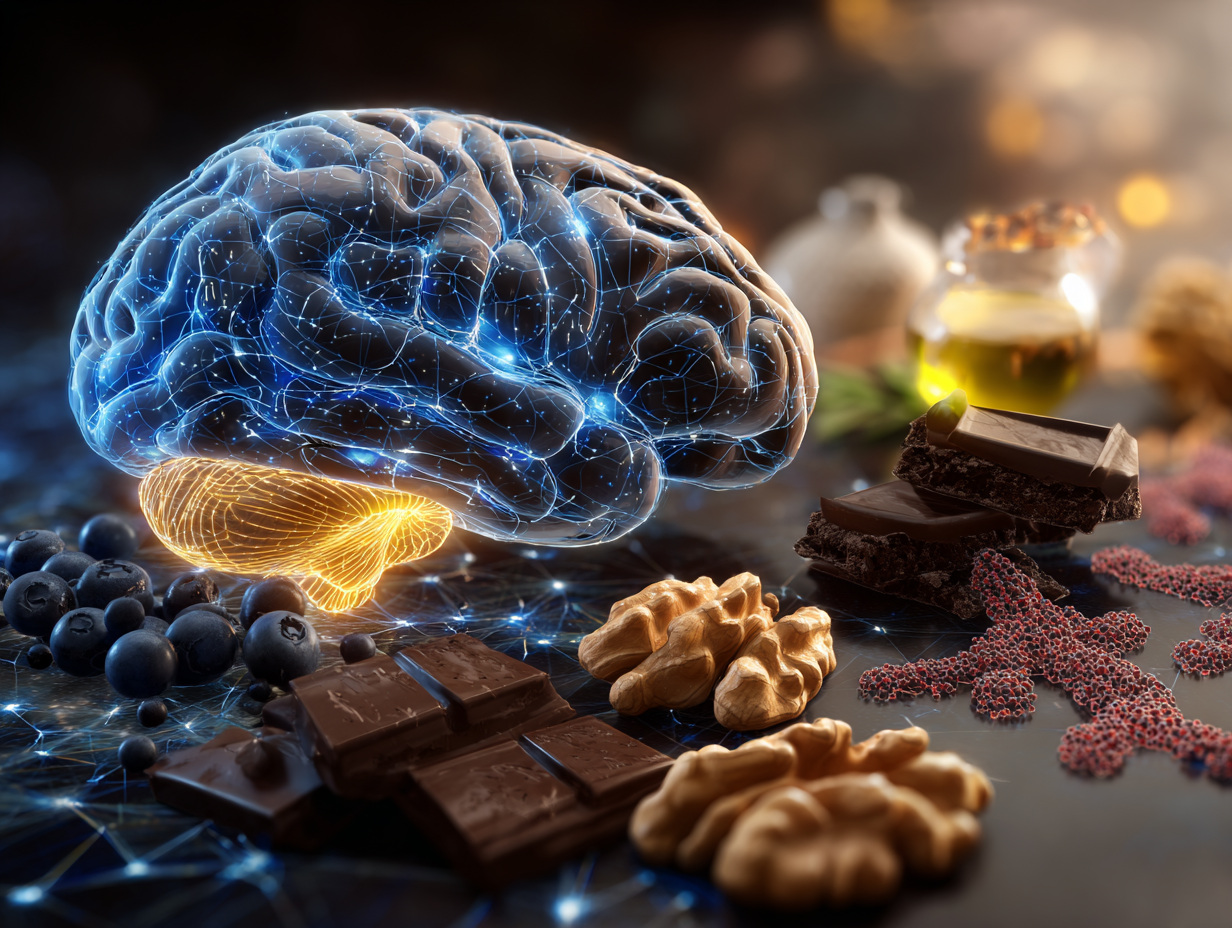
Studies show the MIND diet reduces brain cell loss by 22%. Vitamin D supplementation helps preserve brain volume. These interventions work, but they’re treating symptoms.
What if we’re missing the real enemy?
Recent brain autopsy research reveals something startling. Scientists found parasite DNA in the brains of people who died from neurological diseases. Not sometimes. Every time they looked.
The correlation between parasite presence and brain deterioration is undeniable. Yet most brain health approaches ignore this entirely.
The Dot Connection Nobody Made
I started connecting studies that seemed unrelated. CDC research on malaria parasites. NIH findings on brain infections. Autopsy reports showing tissue damage patterns.
The pattern became obvious. Parasites aren’t just affecting blood or digestive systems. They’re systematically destroying neural networks.
While everyone focuses on feeding the brain better nutrients, these pathogens are actively dismantling the very structures we’re trying to protect.
It’s like trying to fill a bucket with holes in the bottom.
Ancient Wisdom Meets Modern Validation
Most of the world still treats parasitic infections regularly. America stopped this practice decades ago.
We’re unique in ignoring what cultures have known for 5,000 years. Regular parasite management isn’t optional for brain health.
The technology isn’t revolutionary. Traditional anti-parasitic treatments create environments where parasites cannot survive. Some compounds directly target and eliminate specific pathogens.
I found validation in an unexpected place. A CDC study on theobroma cacao leaves showed 79.19% suppression of plasmodium parasites. The same parasites found in compromised brain tissue.
The chocolate plant holds secrets we’d forgotten.
Why Diet Studies Keep Failing
The recent NEJM clinical trial proved what I suspected. The MIND diet alone didn’t significantly improve cognitive outcomes over three years.
Nutrition supports brain health. But it can’t address the underlying pathogenic destruction happening simultaneously.
You need both approaches. Feed the brain while eliminating what’s attacking it.
This is why I developed Rocket Brain differently. Instead of just providing nutrients, it creates an inhospitable environment for neural parasites.
The Plasmodium Connection
Most people think malaria only affects blood. But plasmodium parasites cross the blood-brain barrier.
Once there, they trigger the same inflammatory responses we see in dementia and cognitive decline. The brain’s attempt to fight infection creates the very damage we associate with aging.
Theobroma cacao leaf specifically targets plasmodium family parasites. Thousands of years of traditional use, now backed by CDC research.
Rocket Brain contains this and other compounds that address different parasitic threats to neural tissue.
Beyond Single Solutions
I don’t dismiss dietary approaches. The MIND diet’s focus on flavonoids and polyphenols provides real brain protection.
But addressing parasites first amplifies every other intervention. When you stop the active destruction, nutrients can actually do their job.
This explains why some people see dramatic improvements with simple dietary changes while others see none. Parasite load varies dramatically between individuals.
The one-two punch approach makes sense. Eliminate what’s causing damage, then support optimal function.
The Overlooked Epidemic
Brain parasite infections represent a vastly overlooked factor in cognitive decline. The research exists across multiple institutions and studies.
Nobody connected the dots because each study focused on narrow specialties. Malaria researchers don’t typically communicate with neurologists.
But when you review the evidence collectively, the pattern becomes undeniable. Parasitic infection drives much of what we call age-related cognitive decline.
America’s unique position of ignoring parasite management has created a perfect storm for brain health problems.
Rocket Brain addresses this gap using compounds proven effective for thousands of years, now validated by modern research.
The solution isn’t complex. We just forgot to look for the real problem.
These statements have not been evaluated by the FDA. Rocket Brain is not intended to diagnose, treat, cure, or prevent any disease. Consult your healthcare practitioner before taking any supplement and discontinue use if you experience any negative effects. Visit www.getrocketnutrition.com to learn more.
